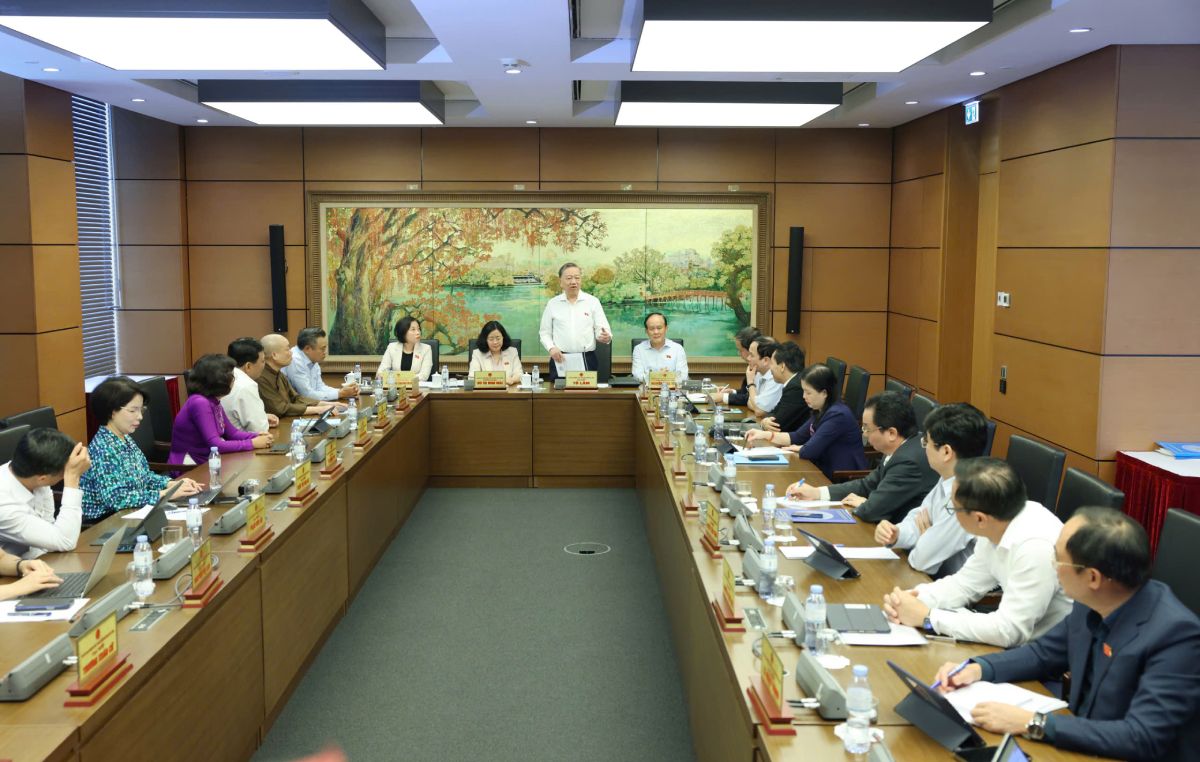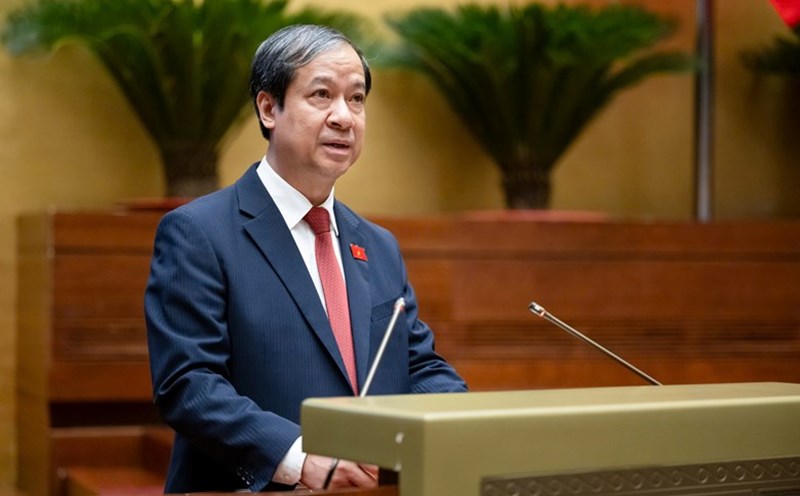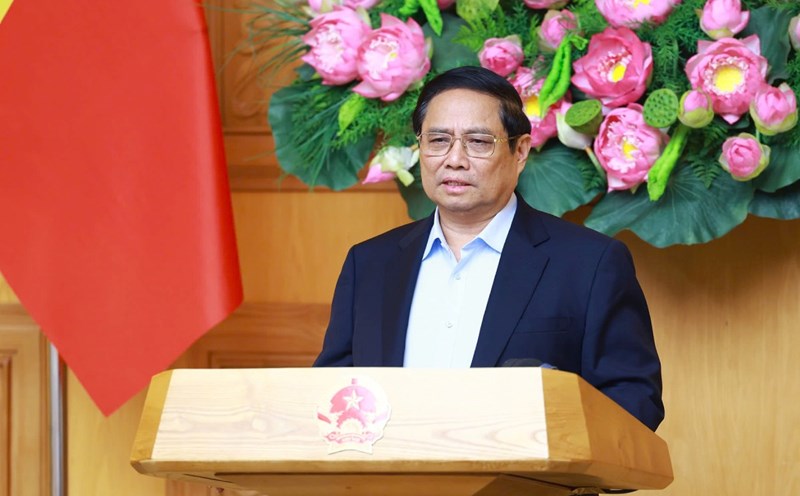On the morning of November 9, the National Assembly discussed in groups the draft Law on Teachers and the Law on Employment (amended).
Speaking, General Secretary To Lam raised the issue of the strategic role of education and training. Training and fostering a contingent of cadres and teachers is identified as a key task and of strategic significance; a national breakthrough issue.
The General Secretary emphasized that in education and training, teachers are very important subjects. We have identified the important role of education and training, including the especially important role of teachers.
The issue raised by the General Secretary is the relationship between teachers and students, "if there are no students, there will be no teachers" and he suggested that the draft law needs to clearly stipulate and properly resolve the relationship between teachers and students, ensuring effective interaction and cooperation.

The issue of universal education at all levels also requires a balance between the number of teachers and the number of students. General Secretary To Lam said that in the past, universal primary and secondary education was implemented, meaning that the State issued a policy that children of school age must attend primary and secondary schools.
“If we want to progress further, the State must waive tuition fees and even support the children. When they reach school age, we cannot say that there is a lack of teachers. If there are students, there must be teachers. This must be clearly defined,” the General Secretary emphasized.
The General Secretary said that by applying population data, it is possible to know the number of students attending school; if there are students, there must be teachers; there cannot be a shortage of teachers or schools. The General Secretary emphasized the need to resolve this relationship, thereby solving the current problems in the education sector.
“The lack of teachers and schools is a very current issue,” said General Secretary To Lam.
Regarding the professional qualifications of teachers, the General Secretary said that teachers need to be scientists with extensive professional qualifications, meeting the requirements of research and teaching. There needs to be a connection between teachers, scientists, research centers, businesses and the state.
“Science does not stop, knowledge does not stop either, requiring teachers to have the mindset of a scientist and have very deep expertise,” the General Secretary noted.
Regarding international integration and foreign language requirements, the General Secretary asked whether foreigners who teach are considered teachers and do they comply with the provisions of the Vietnamese Teachers' Law? These are issues that require very specific policies.
The General Secretary also mentioned the issue of lifelong learning and professional development of teachers. The draft law should create conditions for teachers to study, train and develop their careers throughout their lives, without being restricted by age or regulations on working time.
This aims to mobilize resources, encourage socialization, and mobilize society to participate in education and teaching work.
For teachers working in special areas such as prisons and disadvantaged areas, the General Secretary said that there should be special policies and incentives for remote areas and areas with difficult socio-economic conditions to attract and retain teachers.
“We found it very difficult to go to the mountains. The children have to travel 20-30 kilometers to school every day. There is no boarding school, no school for students, no place to eat, live, and the teachers have even less, so how can we work?” the General Secretary said.
The General Secretary emphasized that the Law on Teachers was born, and teachers were looking forward to it. How can teachers receive the law with a truly excited attitude, truly honored, and create favorable conditions? Don't let the law make it more difficult for teachers. Teachers who teach well will attract students to study.











